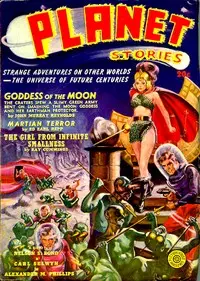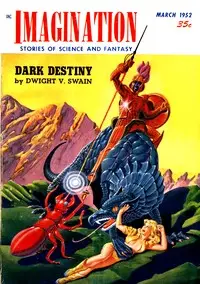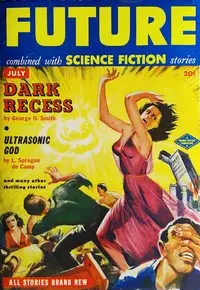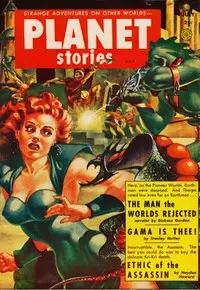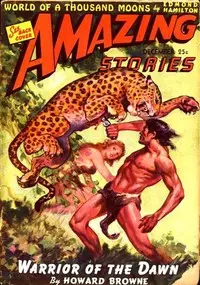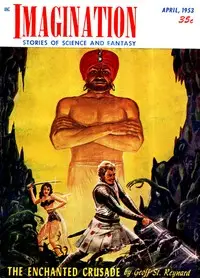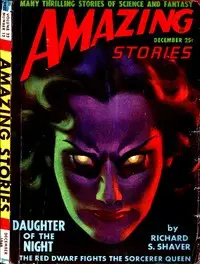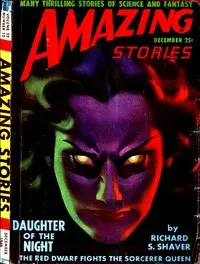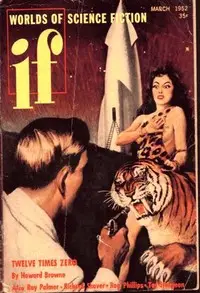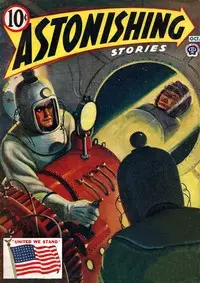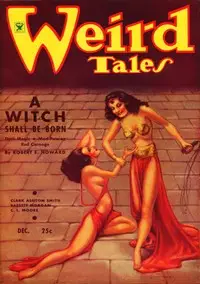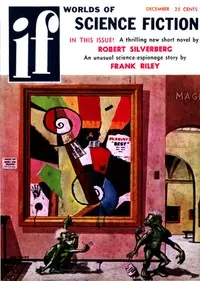"The Dark Goddess" by Richard S. Shaver is a science fiction story about Peter McCarthy, a space traveler whose loneliness leads him to an aquatic planet. After crashing there, he meets Alfreya, a powerful mer-woman who is the sole inhabitant of her once glorious civilization, now facing extinction. Alfreya's ethereal companions and strange world captivate Peter, and he soon finds himself torn between his desire to go back to his old freedom and the deep feelings he develops for Alfreya. Over time, McCarthy discovers that he's unable to leave and makes the decision to embrace this new life and form an unbreakable bond with Alfreya. This union eventually leads to a new family, one that links their two very different worlds together.
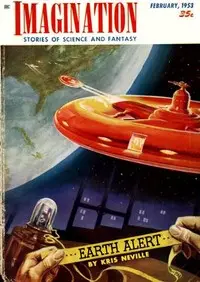
The Dark Goddess
By Richard S. Shaver
A lone space traveler crashes on a mysterious planet and finds love and a new purpose with a powerful, aquatic being, forever changing the course of his solitary life.
Summary
About the AuthorRichard Sharpe Shaver was an American writer and artist who achieved notoriety in the years following World War II as the author of controversial stories which were printed in science fiction magazines. Shaver claimed that he had personal experience of a sinister ancient civilization that harbored fantastic technology in caverns under the earth. The controversy stemmed from the claim by Shaver, and his editor and publisher Ray Palmer, that Shaver's writings, whilst presented in the guise of fiction, were fundamentally true. Shaver's stories were promoted by Ray Palmer as "The Shaver Mystery".
Richard Sharpe Shaver was an American writer and artist who achieved notoriety in the years following World War II as the author of controversial stories which were printed in science fiction magazines. Shaver claimed that he had personal experience of a sinister ancient civilization that harbored fantastic technology in caverns under the earth. The controversy stemmed from the claim by Shaver, and his editor and publisher Ray Palmer, that Shaver's writings, whilst presented in the guise of fiction, were fundamentally true. Shaver's stories were promoted by Ray Palmer as "The Shaver Mystery".

